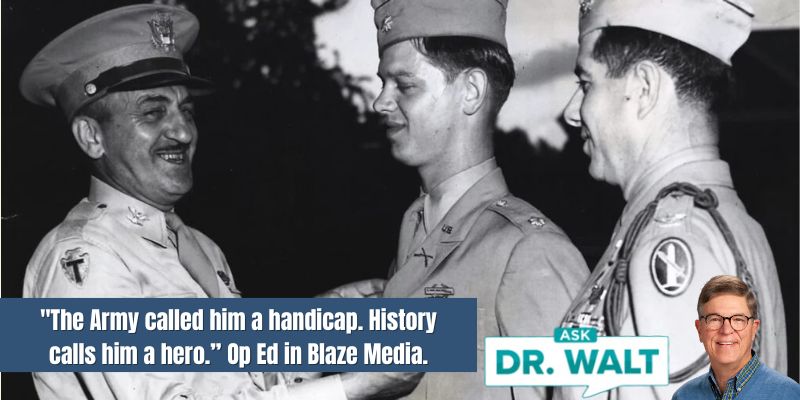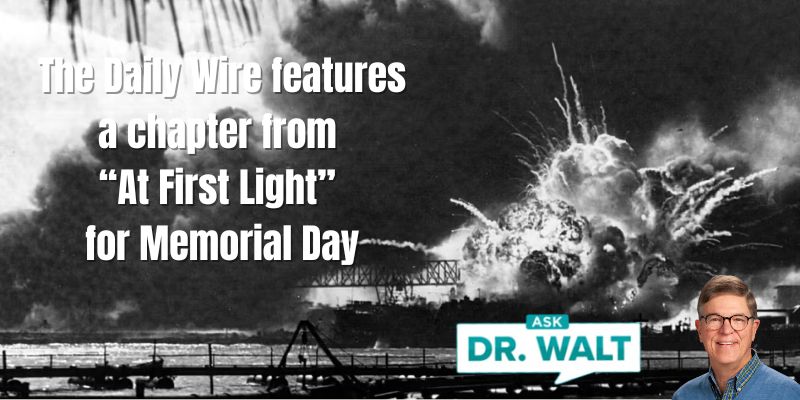
August 22, 1944 – Phil’s first letter home from southern France and instructions for V-MAIL
August 22, 2024
August 24, 1944 – Sgt Norman Mohar writes about chasing Nazis up the Rhone Valley
August 24, 2024August 23, 1944 – Chasing the retreating German Army up the Rhone Valley with the help of the French Resistance
The 30th Infantry sent out a motorized patrol shortly after noon August 22, to Lançon, which came from the south through La Fare and reported no enemy. The 3rd Battalion began a motor movement toward Salon at 2030, and by 0515 has set up roadblocks in that vicinity. … Towns liberated (by the 3rd Division) during this period were Marignane, St. Victoret, itrelles, Rognac, Coudoux, La fare, Cornillon-Confoux, Lançon, St. Cannat, Labarben, Palissanee, Salon, Vernegues, Alleins, Mullemort, and Charleval.[1]

The swing to the north to parallel the Rhone River was about to begin, together with the most rapid phase of the Division’s most rapid advance in Europe.
The German 19th Army was now almost completely disorganized.
Up until noon of August 23, the Division had taken 4165 prisoners. Elsewhere in the VI Corps zone, the German commander of the coastal defense area had been captured, along with most of his staff, and this early disruption of enemy communications left the 19th Army with no choice but to begin its rapid backpedalling toward Germany.
A major factor aiding the speed and success of our movement was the activity of the French resistance groups.
Four years of Nazi subjuctation had left many ardent French patriots with a strong urge to take to the “underground,” a word loosely used in connection with resistance activities—that is to say, to go into hiding from the German Gestapo.
At the time of our landing there were about seventeen of these groups which had attained a high degree of organization by consolidating, selecting common leaders, and formulating strict rules of conduct.
Any man who wished to be a member of the F.F.I. (Forces Francais D’Interieure—the common, but by no means only, name for the resistance groups) had to renounce completely his ties with home and family and devote his time and energies toward aiding in the liberation of France.
Strict rules of conduct did not mean that a man would be put on extra duty in the kitchen for failure to keep his shirt buttoned or his cap straight on his head, but it did mean that his comrades would put him to death if he lost his rifle. Weapons, seized from ambushed German Wehrmacht units, or dropped by parachute from British bombers, were bough with blood, and were too precious to waste through carelessness.
Other governing restrictions were equally as severe, although, with typical Gallic logic, applied only to things having mainly to do with life and death.
The motivating spirit was patriotism and a burning desire for freedom. The harsh conditions of service were entirely in keeping with the ascetic singleness of purpose which had dictated the groups’ formation.
In certain cities, notably Grenoble, Avignon, and Lyons, and in scores of lesser localities, the F.F.I. swung into decisive action with the landings in southern France.
Sometimes under the leadership of United States or British members of the O.S.S. (Office of Strategic Services), more often led by Frenchmen, whole towns were seized and held to await our coming.
In addition to the sabotage activites were coordinated with our movements. If the Air Force failed to destroy a bridge, that bridge might be demolished anyway—from the ground and with hand-laid demolitions.
Speeding convoys of enemy reserves ran into mysteriously laid roadblocks, and ambush.
Small, isolated German pockets were sometimes wiped out to the last man, and lone enemy soldiers, if they escaped retribution at the hands of the patriots, surrendered to the first United States soldier to present himself, in preference to being the quarry in a relentless manhunt.
It is true there were a few summer patriots in the ranks of the F.F.I. These were the heroes who put on white armbands after the Germans had been cleared out, and some of them were the leading spirits in the head-shaving parties which accompanied each liberation of a new territory.
But these persons were in a very small minority. Most of the patriots fought behind the lines, and rendered us valuable assistance in our clean sweep from the Riveria coast north up the Rhone Valley.[2]
~~~~~
[One soldier] recorded, “We are receiving a great welcome in every town and village. The people have had a pretty tough time under the Krauts. Everything is being looted by the Nazi’s(sic) as they leave the towns. The girls who have been with the German soldiers are getting their hair cut off.”[3]
~~~~~
[1] Taggart, 217.
[2] Ibid.
In case you haven’t read or listened to Dad’s book, you can learn more or order it here.
© Copyright WLL, INC. 2024.




